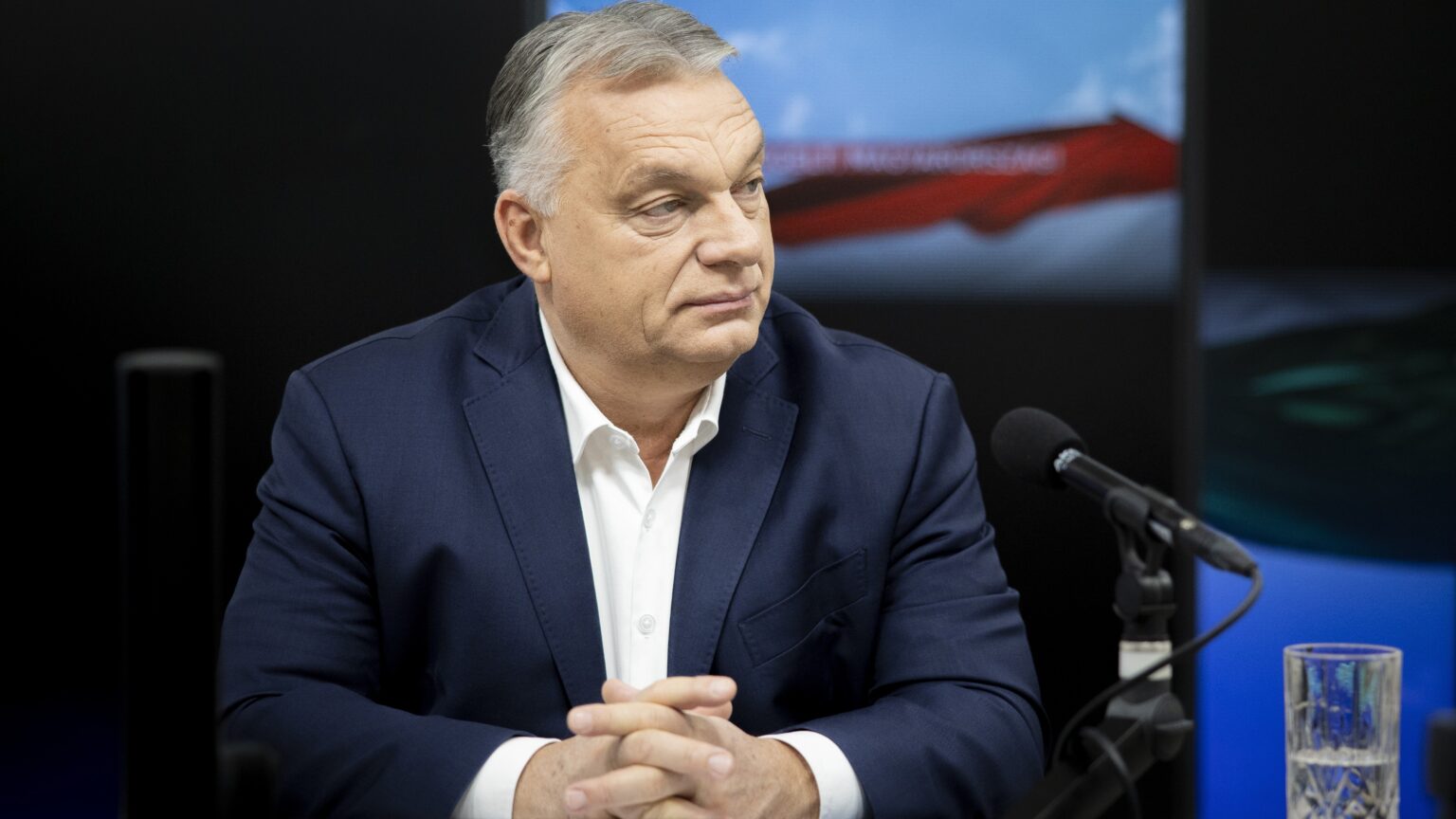
Ahead of the upcoming EU summit, Hungarian Prime Minister Viktor Orbán has called on Brussels to abandon military escalation in Ukraine and instead initiate peace negotiations, advocating a diplomatic strategy inspired by US President Donald Trump.
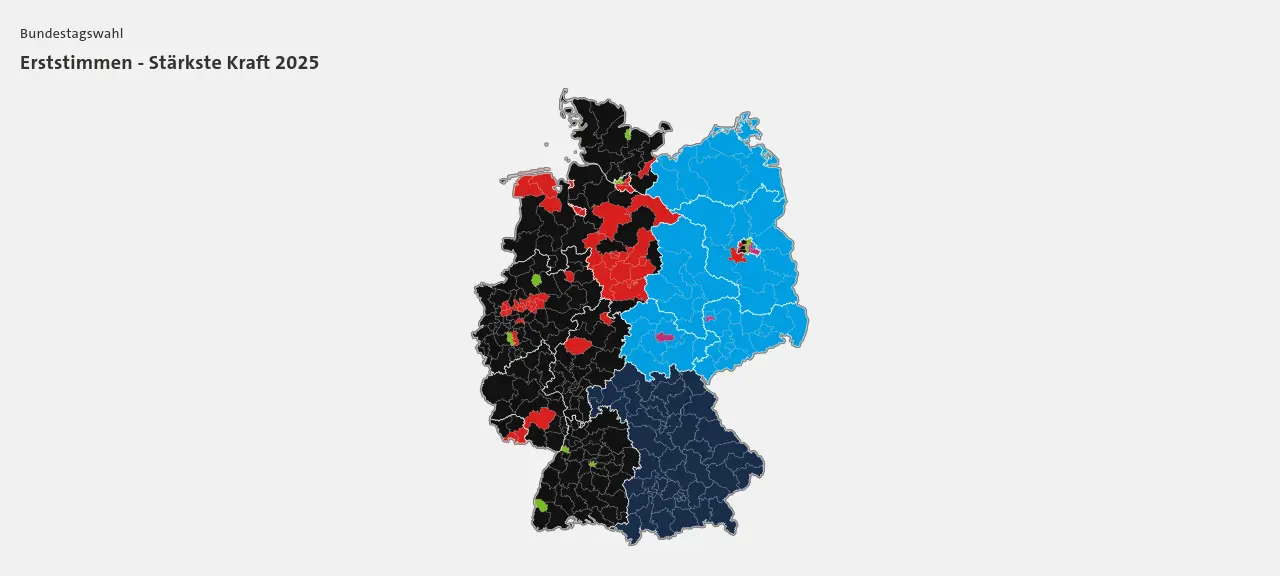
‘The emerging sovereigntist era unleashes nationalist energies that must be tempered and channelled constructively. Currently, Trump’s “America First” is swinging like a wrecking ball through the West’s liberal order. Also, a new zeitgeist is unfolding, upending our conceptual world and even shifting how we imagine space and time.’

‘Hungarian Minister for National Economy Márton Nagy recently visited Bulgaria and met with President Rumen Radev, Deputy Prime Minister and Minister of Transport and Communications Grozdan Karadjov, Minister of Economy and Industry Peter Dilov, and Minister of Tourism Miroslav Borshosh. The meeting marks a significant step forward in bilateral relations.’
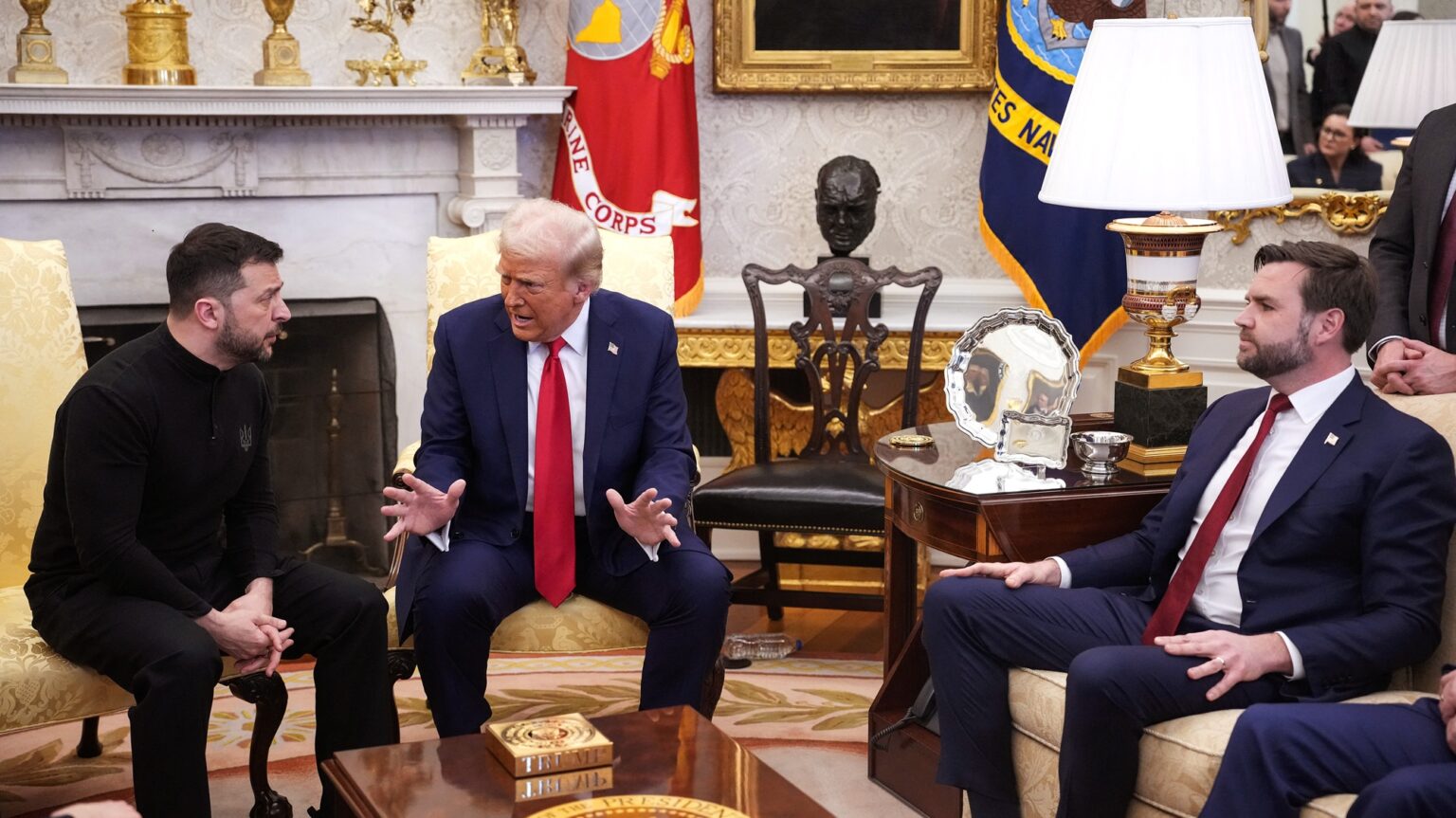
President Volodymyr Zelenskyy of Ukraine travelled to Washington, DC to sign the agreement that would create a co-owned fund between the US and Ukraine that would manage Ukraine’s rare earth minerals. However, the meeting came to a premature end, as President Trump asked Zelenskyy to leave after a tense discussion in front of the media, cancelling their scheduled lunch and joint press conference.
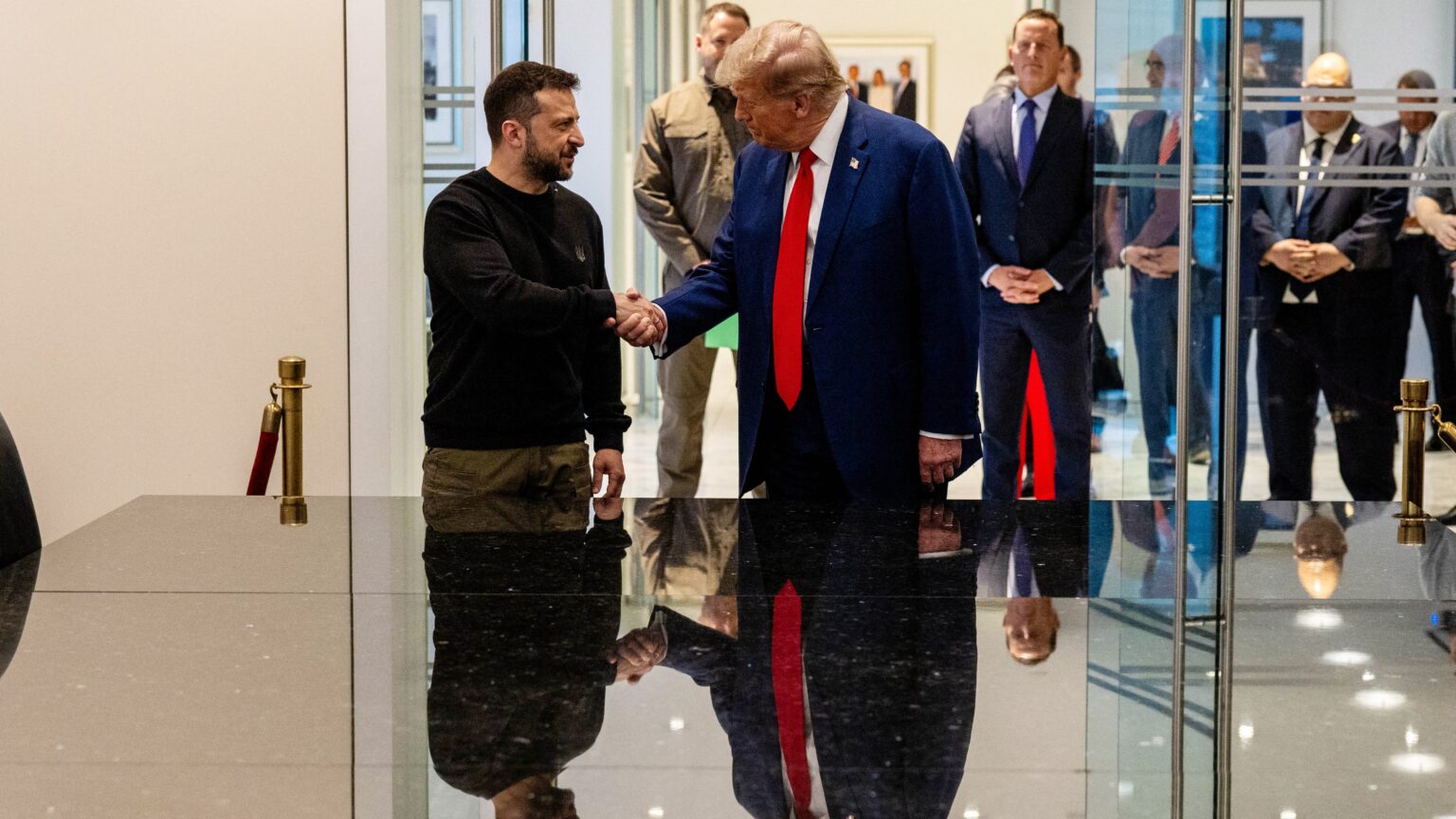
US President Donald Trump has expressed approval of Ukrainian President Volodymyr Zelenskyy’s possible visit to Washington on Friday to sign a US–Ukraine economic partnership agreement. Calling it a ‘major deal’, Trump emphasized its significance, particularly regarding rare minerals and broader economic cooperation.
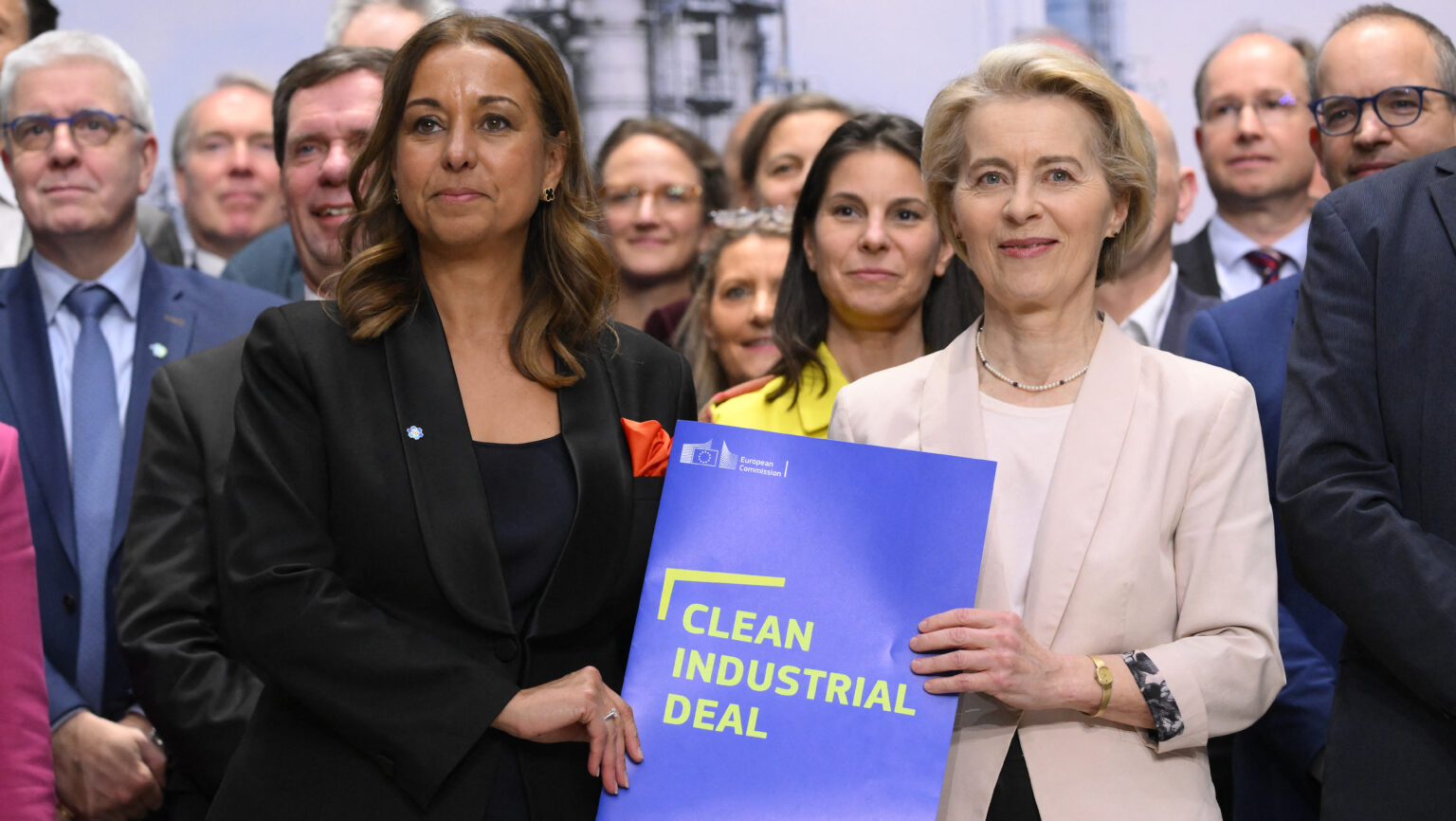
The European Commission unveiled its Clean Industrial Deal, consisting of efforts to promote the competitiveness and viable green transition of European industries. While Brussels seeks to present the CID as a groundbreaking initiative, it falls short of the decisive action needed to reposition the EU as an economic and innovation powerhouse.
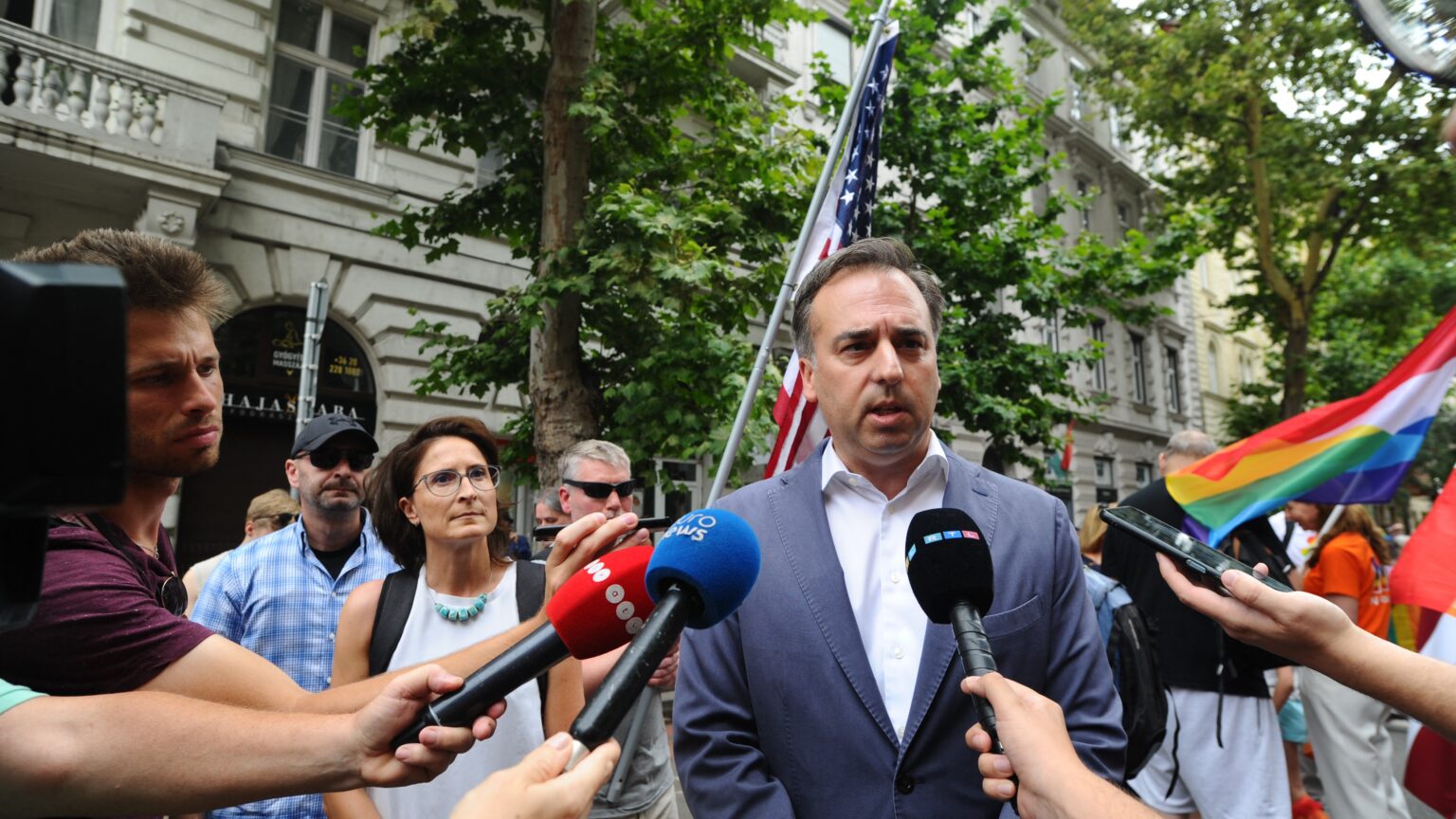
Former US Ambassador to Hungary David Pressman continues to badmouth Viktor Orbán and his government. This time, in an interview with American public broadcaster NPR, he claimed that under the guise of conservatism, Orbán embraces nihilistic corruption.
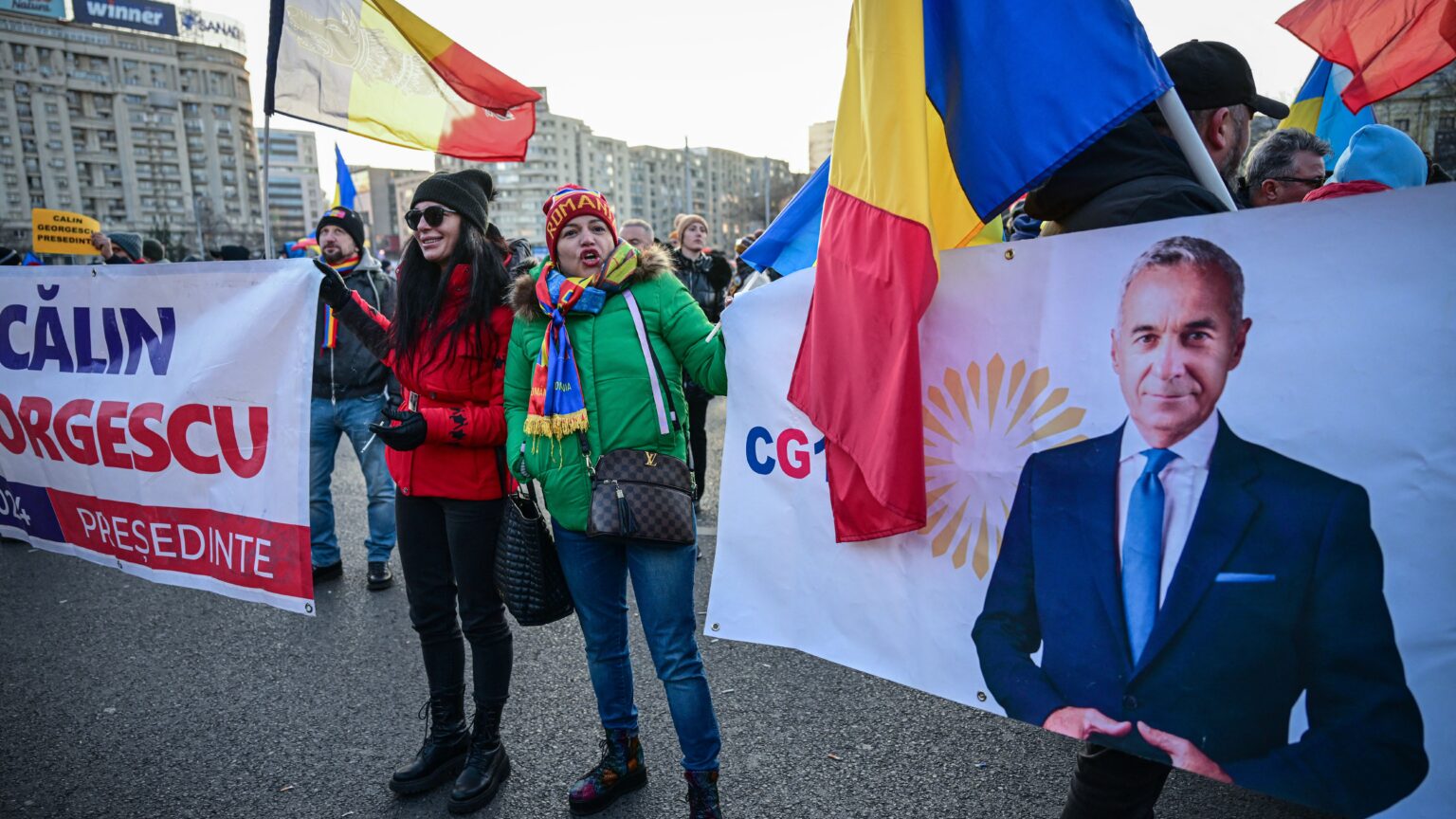
Just an hour ago, independent candidate Călin Georgescu, who had won the first round of the presidential elections in Romania, which was subsequently suspended by the Romanian Constitutional Court without any evidence, was arrested without prior notice.
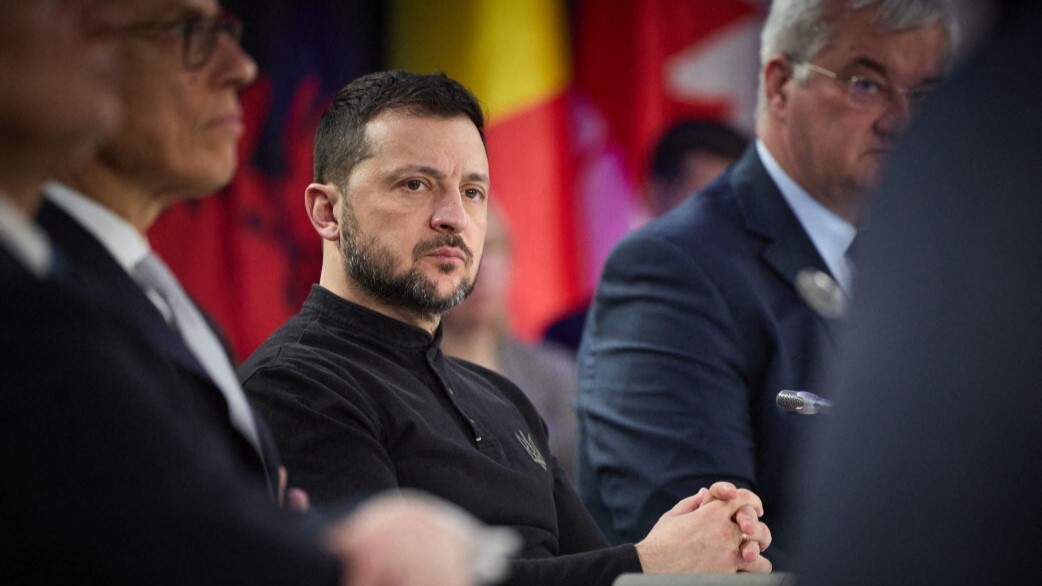
‘…an attempt to invest into alternative suppliers…can be understood as an effort to diversify supply chains amid rising competition between Washington and Beijing. The United State’s quest to secure its supply of critical minerals is especially timely given the fact that a couple of months ago, in December 2024 China imposed restrictions on the export of several minerals and metals to the US.’
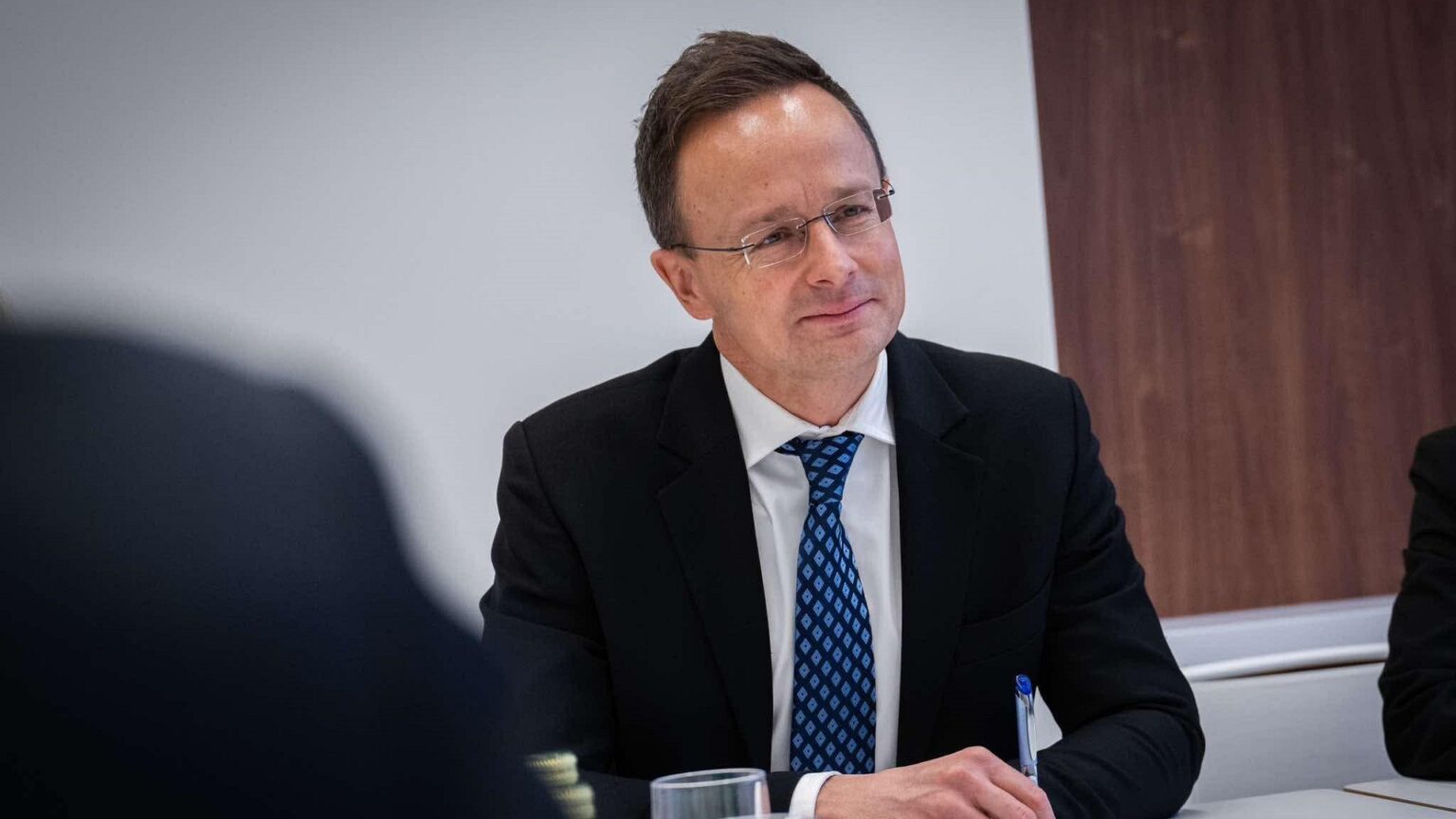
Foreign Minister Péter Szijjártó has given a speech at the United Nations’ Conference on Disarmament in Geneva, Switzerland. In it, he pointed out that Hungary has been saying for the last three years that only a Russian–American agreement can bring peace to Europe again, which is exactly what is happening now; and called on ‘pro-war leaders’ of the world not to obstruct the peace talks with Moscow.

‘The verdict is expected on 26 February 2025. Until then, one thing is clear: this trial is not an act of justice but a dirty political manoeuvre with potentially devastating consequences for Bosnia and Herzegovina. It will not only decide Dodik’s future but also inflict lasting damage on the credibility of the Dayton framework.’
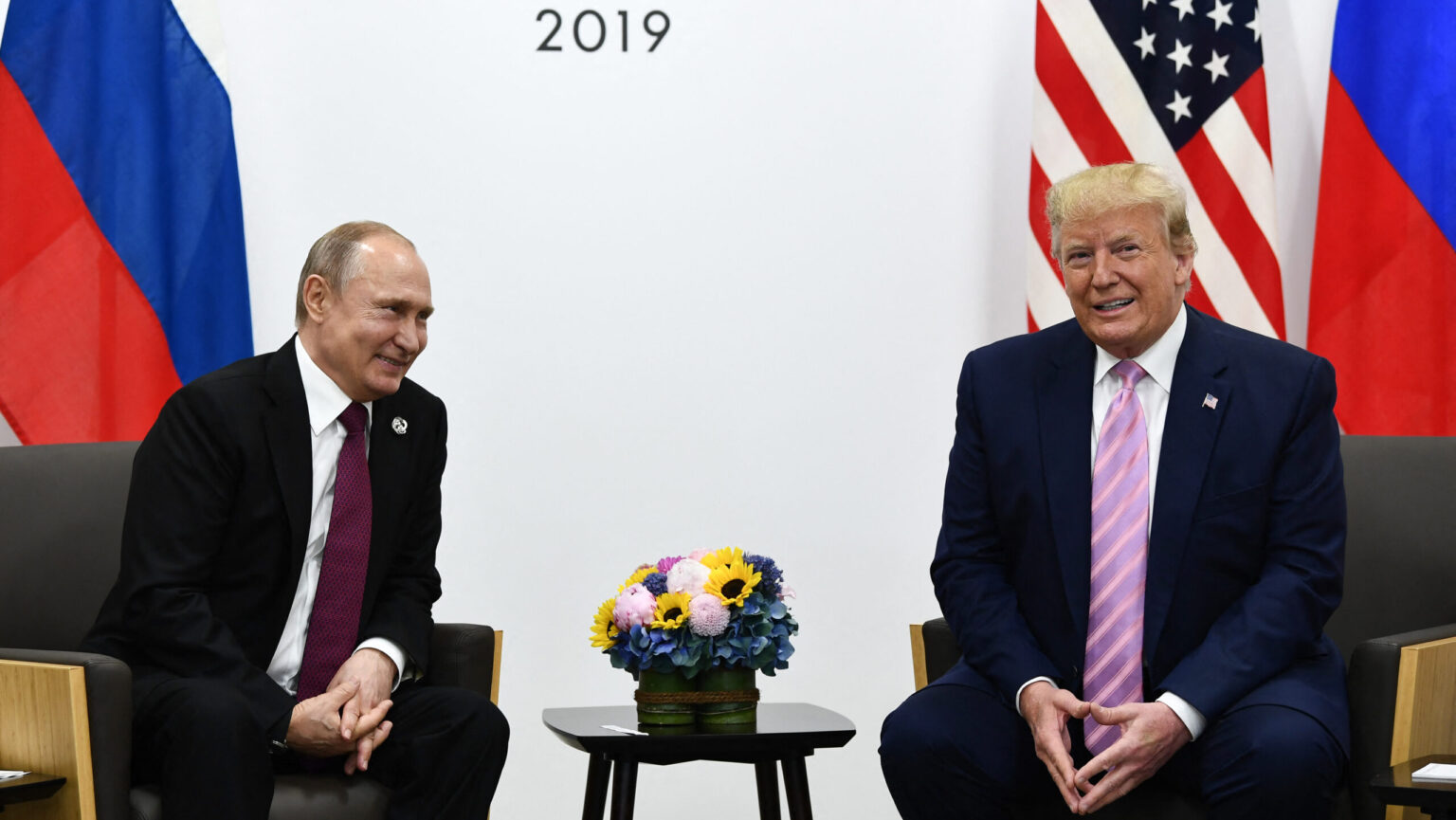
Russian President Vladimir Putin said on Monday that Russia is ready to cooperate with American companies regarding the country’s vast reserves of rare earth metals and minerals. The move weakened Ukraine’s negotiating position, as a similar deal is reportedly in the making between Washington and Kyiv, with only the final details left to be finalized.
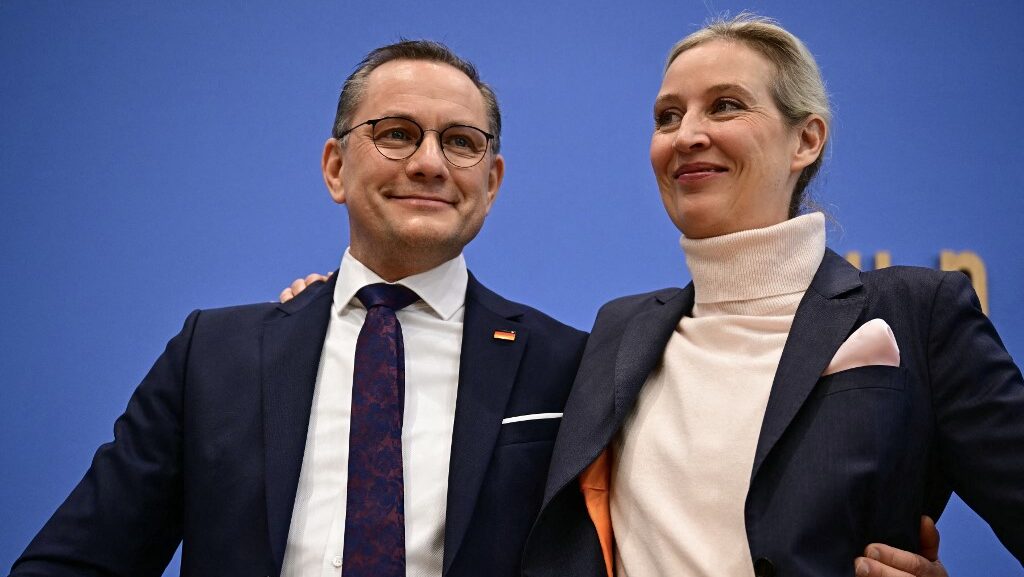
Friedrich Merz’s CDU was declared the winner of Germany’s early elections on Sunday, securing 28.5 per cent of the vote. However, the true victor of the election is undeniably the AfD, which nearly doubled its support and reshaped the long-standing political landscape of the EU powerhouse.
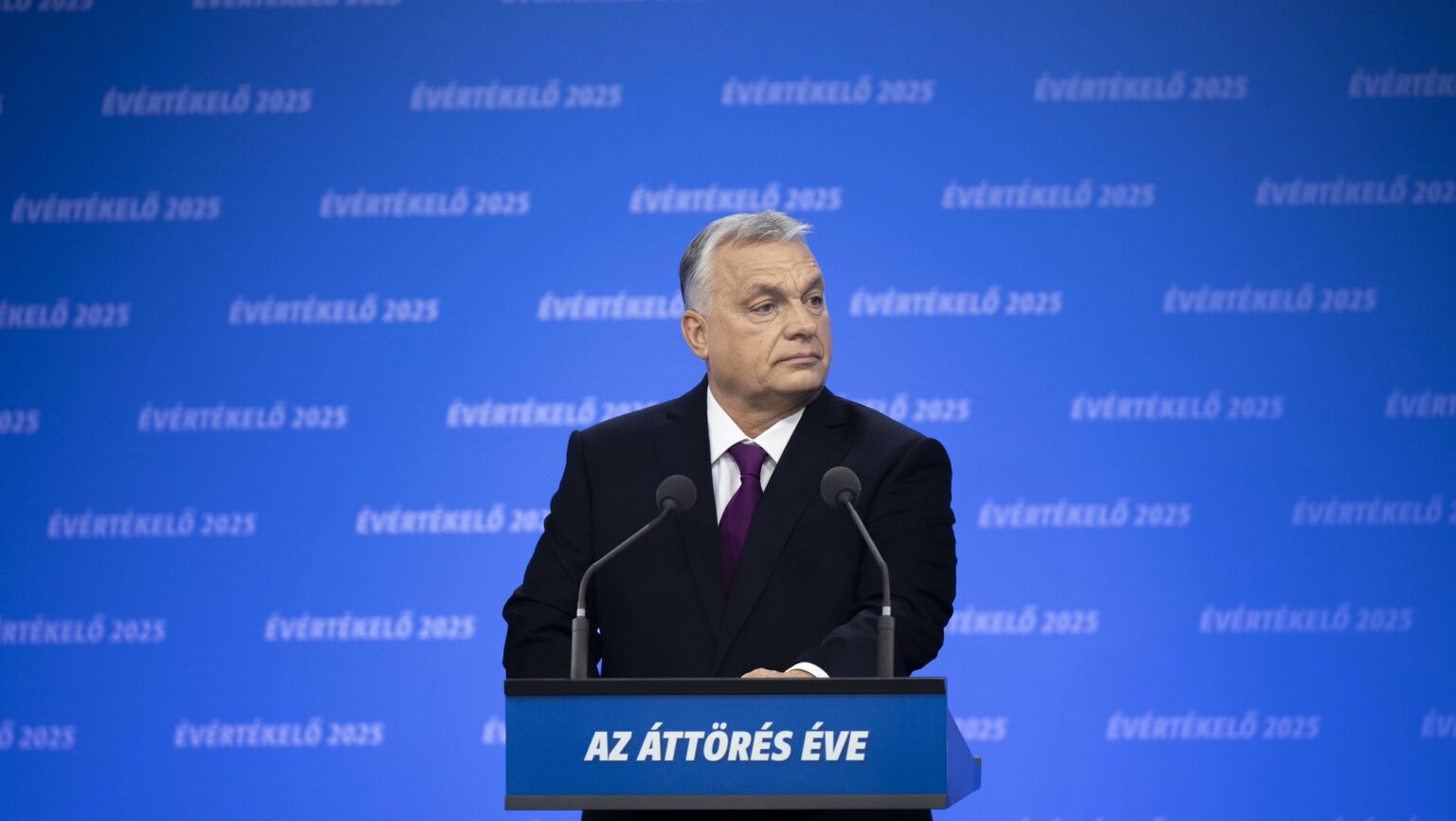
Hungarian Magnitsky Act, the appointment of a special envoy to Washington to collect evidence of USAID’s meddling in Hungary, and Europe’s largest tax cut—these are just a few of the vast initiatives Viktor Orbán announced in his annual State of the Nation speech. Highlighting Hungary’s political resilience, the Hungarian PM declared that 2025 would mark not just survival but victory, describing it as a ‘breakthrough year’.

‘According to the Chinese zodiac, 2025 is the year of the snake, which symbolizes change and transformation. It thus may not be a coincidence that Donald Trump, who campaigned on a promise to bring about drastic changes in Washington, commenced his second term as President of the United States in this epochal year.’
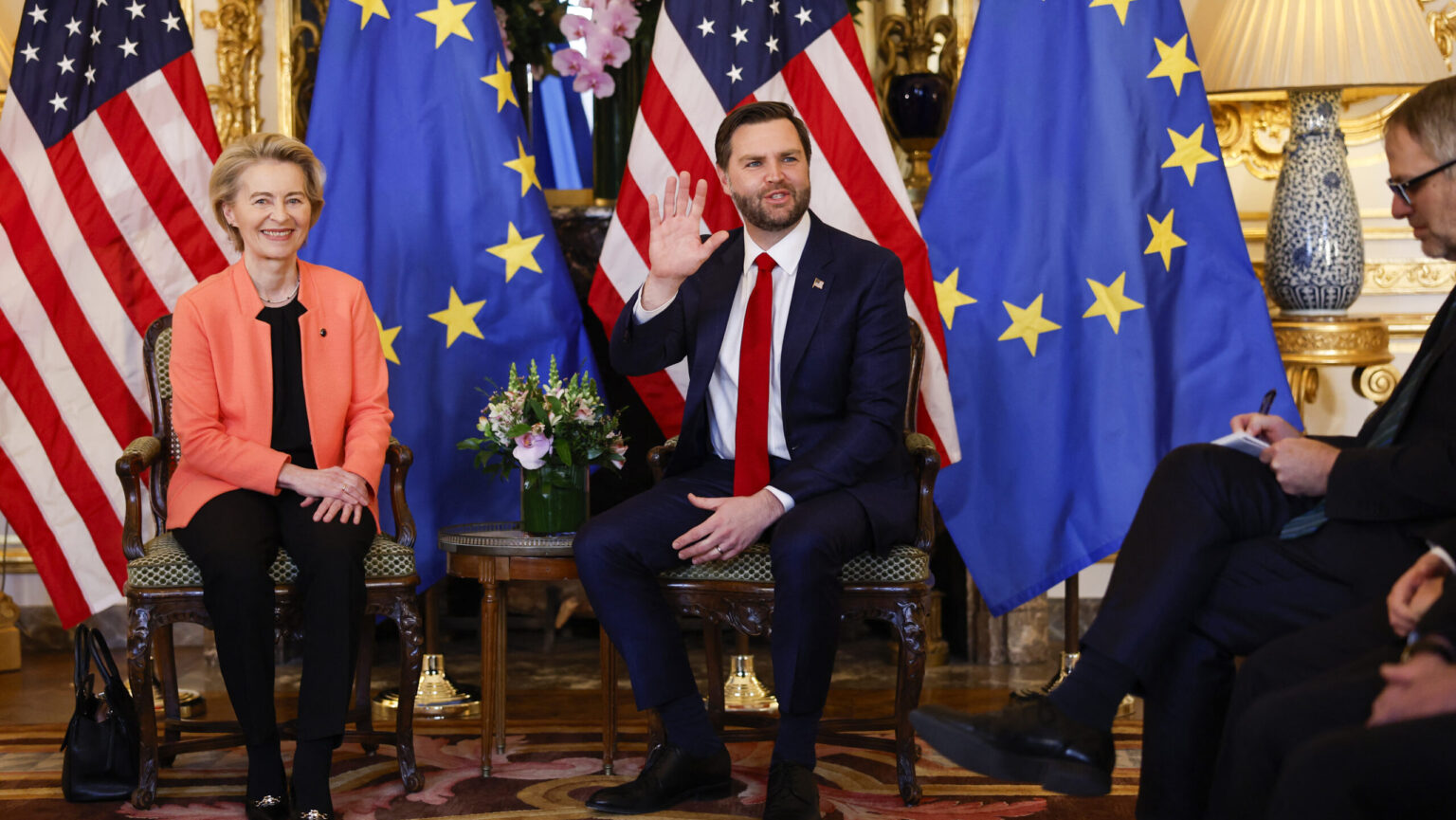
‘As Christoph Heusgen said, under the Biden regime, Washington and Brussels shared a “common value base”—apart from all those many continental voters and nations who did not share this same identikit set of leftist moral values, who had to be made to do so by means perhaps best described as “meddling in European democracy”.’

Germany is set to hold parliamentary elections on Sunday, 23 February, which, given the country’s role in Europe, could redefine the future of the entire continent. After an extremely intensive campaign, Germans have two choices: punish the mainstream for years of flawed governance that has resulted in an unprecedented internal security crisis, or continue down a destructive path.

Conservative Political Action Conference (CPAC) 2025 has just kicked off, with US Vice President JD Vance headlining the first full day of the event. Besides Vance, political director of the Hungarian prime minister Balázs Orbán also took to the stage on Thursday. The conference will conclude with US President Donald Trump’s speech on Saturday.
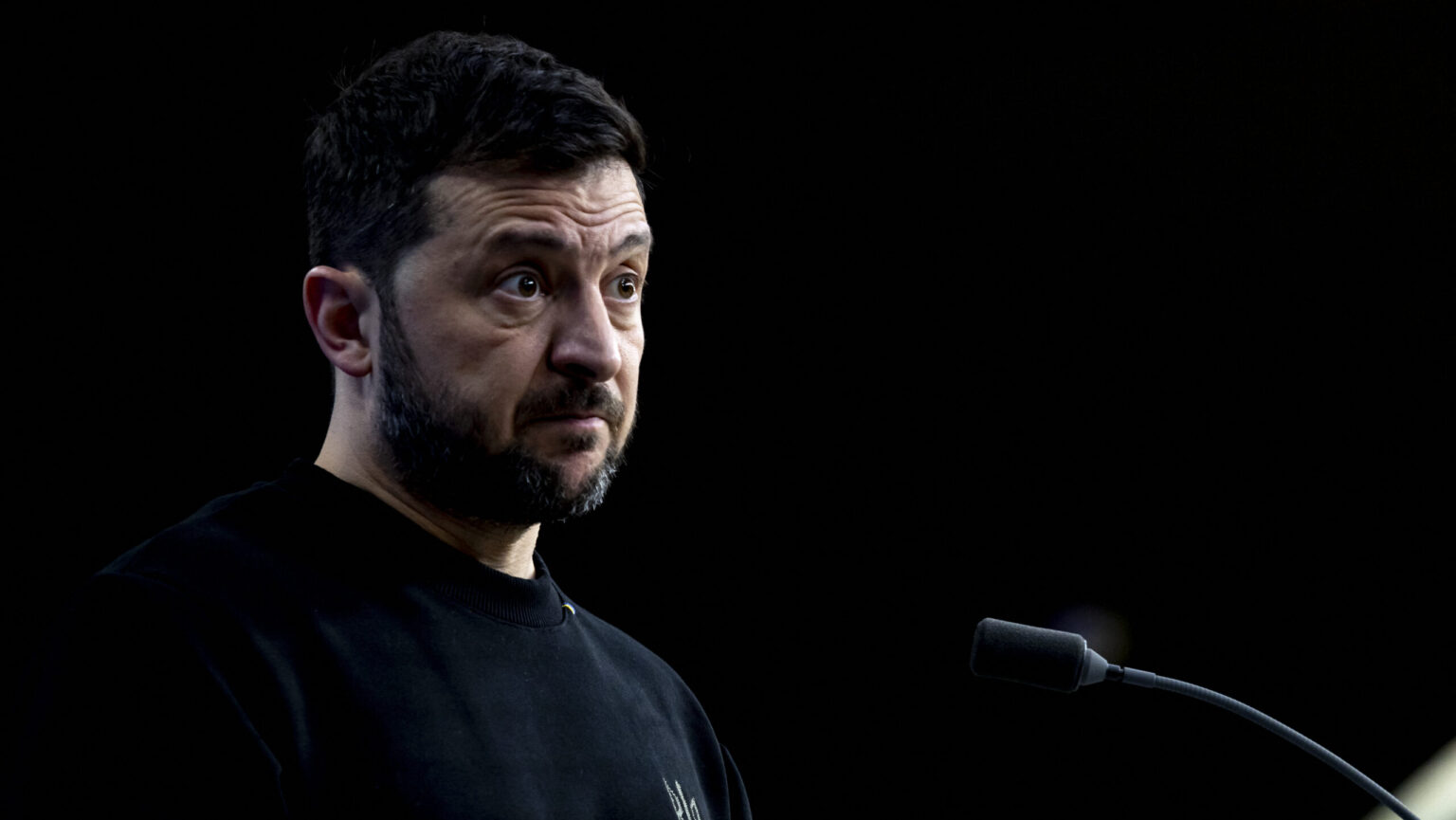
Western European leaders were quick to rally behind Ukrainian President Volodymyr Zelenskyy after Donald Trump called him a dictator. However, those same leaders remained completely silent when, almost exactly one year ago, former US President Joe Biden accused Viktor Orbán of building a dictatorship in Hungary

According to a recent poll by CBS News, 2 percentage points more people identify as Republican in the United States than Democrat. By comparison, when President Trump was starting his first term in 2017, Democrats had a five-point edge over the GOP in the same survey.

On 18 February 2025 Israeli President Isaac Herzog arrived in Hungary at the invitation of President of the Republic of Hungary Tamás Sulyok. According to Sulyok, a strong Israel is essential both for the fight against antisemitism and for a secure future for the Middle East and Europe. The Hungarian head of state emphasized that there is an ongoing dialogue between Hungary and Israel and that there are no problematic issues.
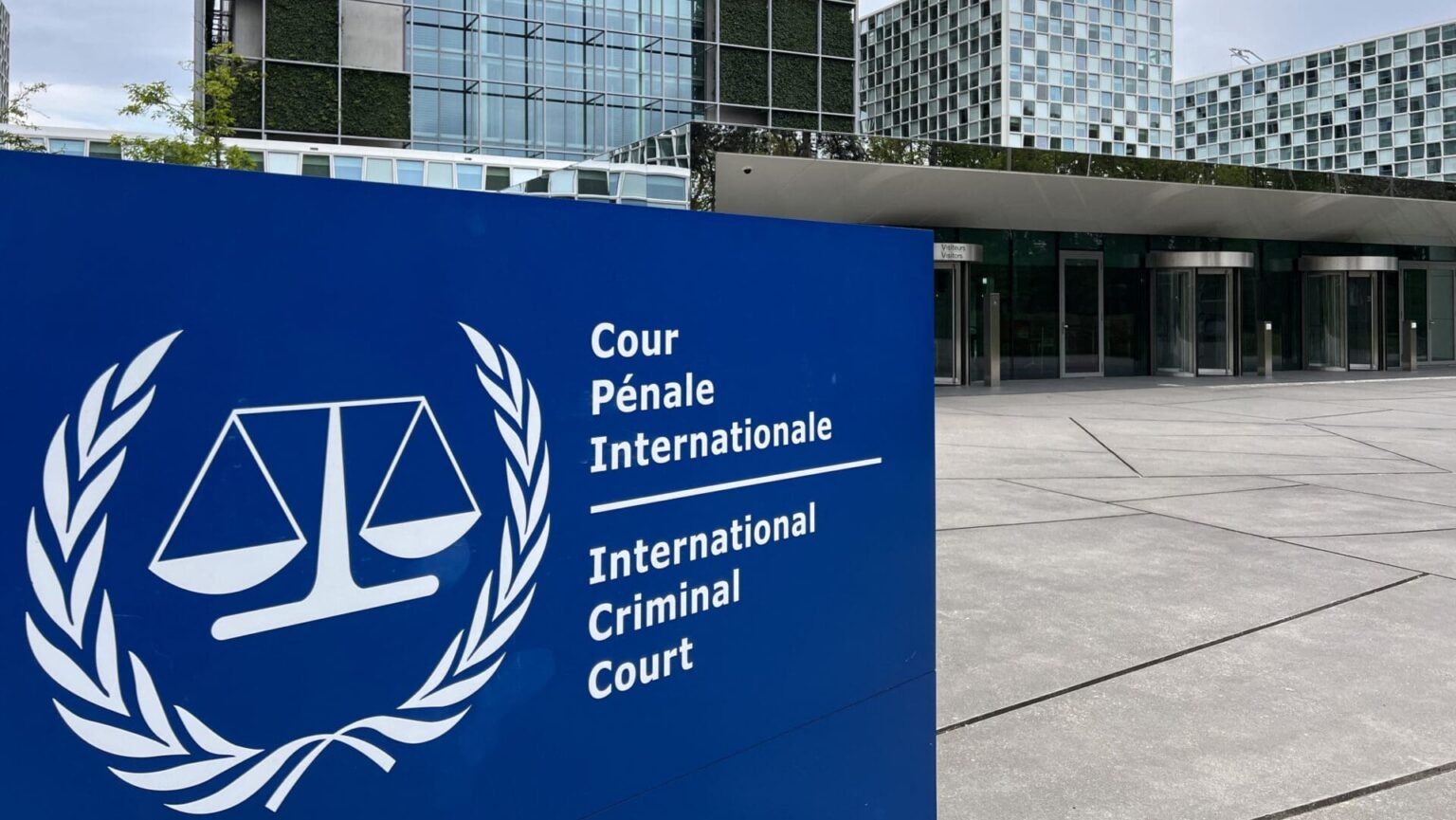
‘Mr Khan also took the unusual step of convening a “panel of experts” in January 2024 “to support the evidence review and legal analysis” related to the Gaza case. After this, he announced his pursuit of arrest warrants as the panellists unanimously recommended that he do so. However, it seems that the outcome was already determined beforehand.’

‘As of now most critical minerals originate from China, which controls about one third of the world’s total rare earth metal reserves. The attempt to invest into the Ukrainian mine industry is widely seen as an effort to diversify supply chains amid rising competition between Washington and Beijing.’
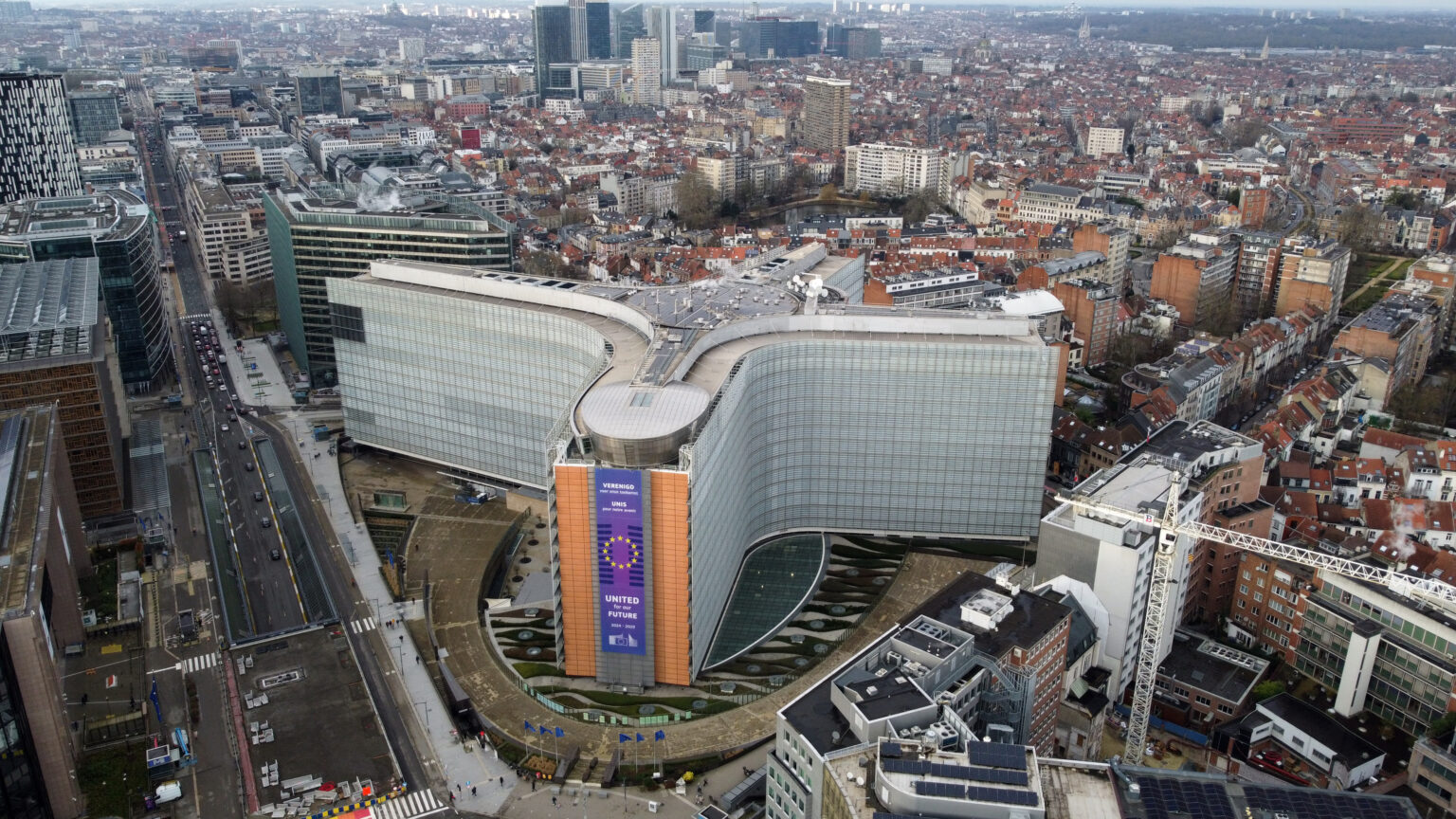
As more than 60 NGOs appeal to Brussels to step in and fill the gap left by the halted US foreign assistance following Donald Trump’s decision to shut down USAID, Hungarian Prime Minister Viktor Orbán vows that the globalist network will find no safe haven in Europe.

The chancellor candidates from Germany’s four largest parties clashed in a fiery debate on Sunday. While the mainstream parties remained stuck in their old, demonizing narratives, AfD’s Alice Weidel displayed energy and determination, reinforcing why Viktor Orbán called her and her party the ‘future of Germany’.

A recent report published by MCC Brussels exposed the European Commission’s opaque funding of NGOs and media outlets that promote its political agenda. The Brussels-based think tank has joined calls for the establishment of a European DOGE—an investigative watchdog similar to the one co-chaired by Elon Musk in the United States, which is currently working to dismantle deep-state strongholds in Washington.
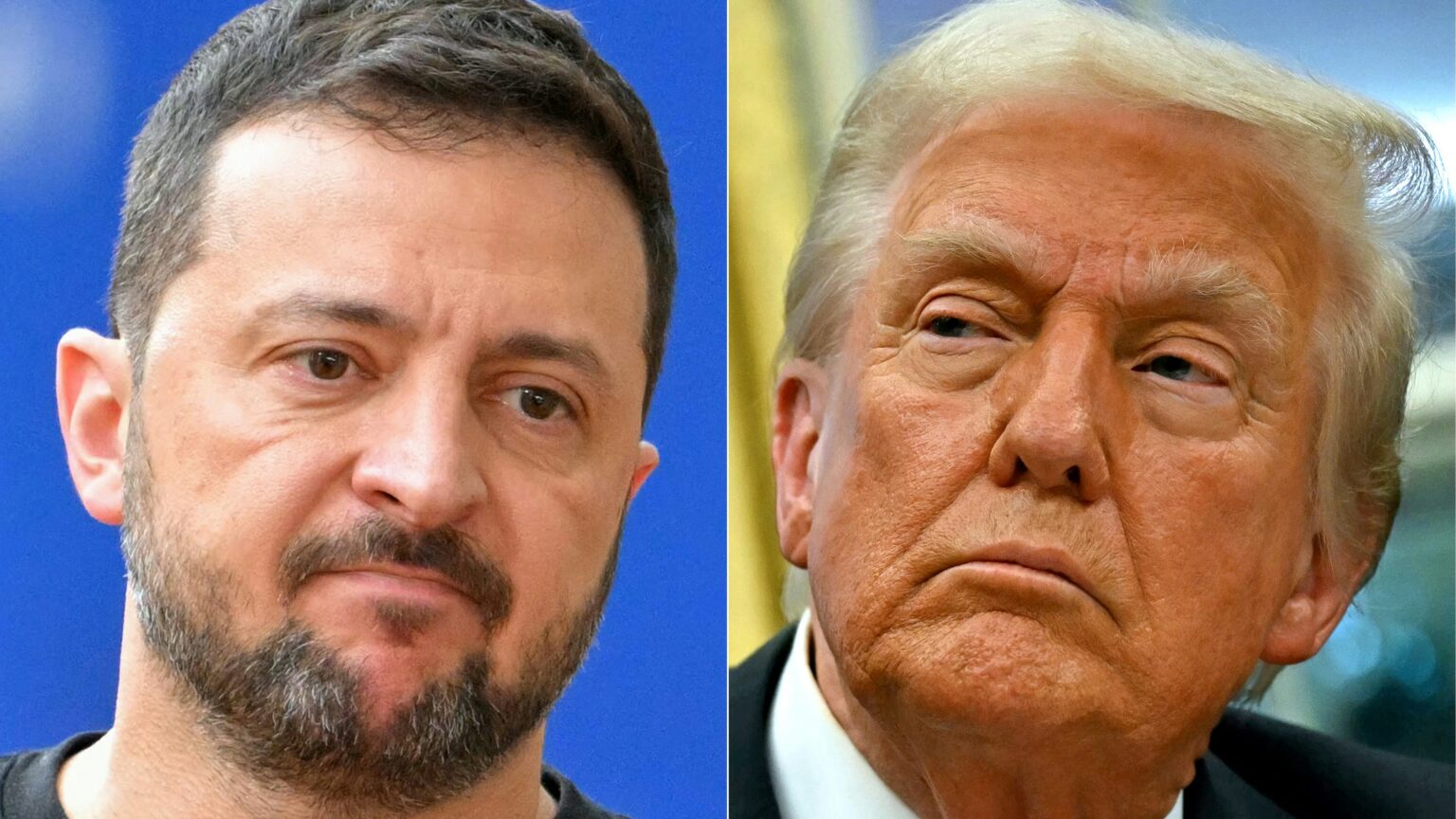
‘The criminality in all this is that Zelenskyy and the U.S.-led West know that the Ukrainians are not going to win on the battlefield, and that Ukraine has effectively become an economic and politically dysfunctional rump state. Yet both want the war to continue, whether for lucrative reasons or not.’
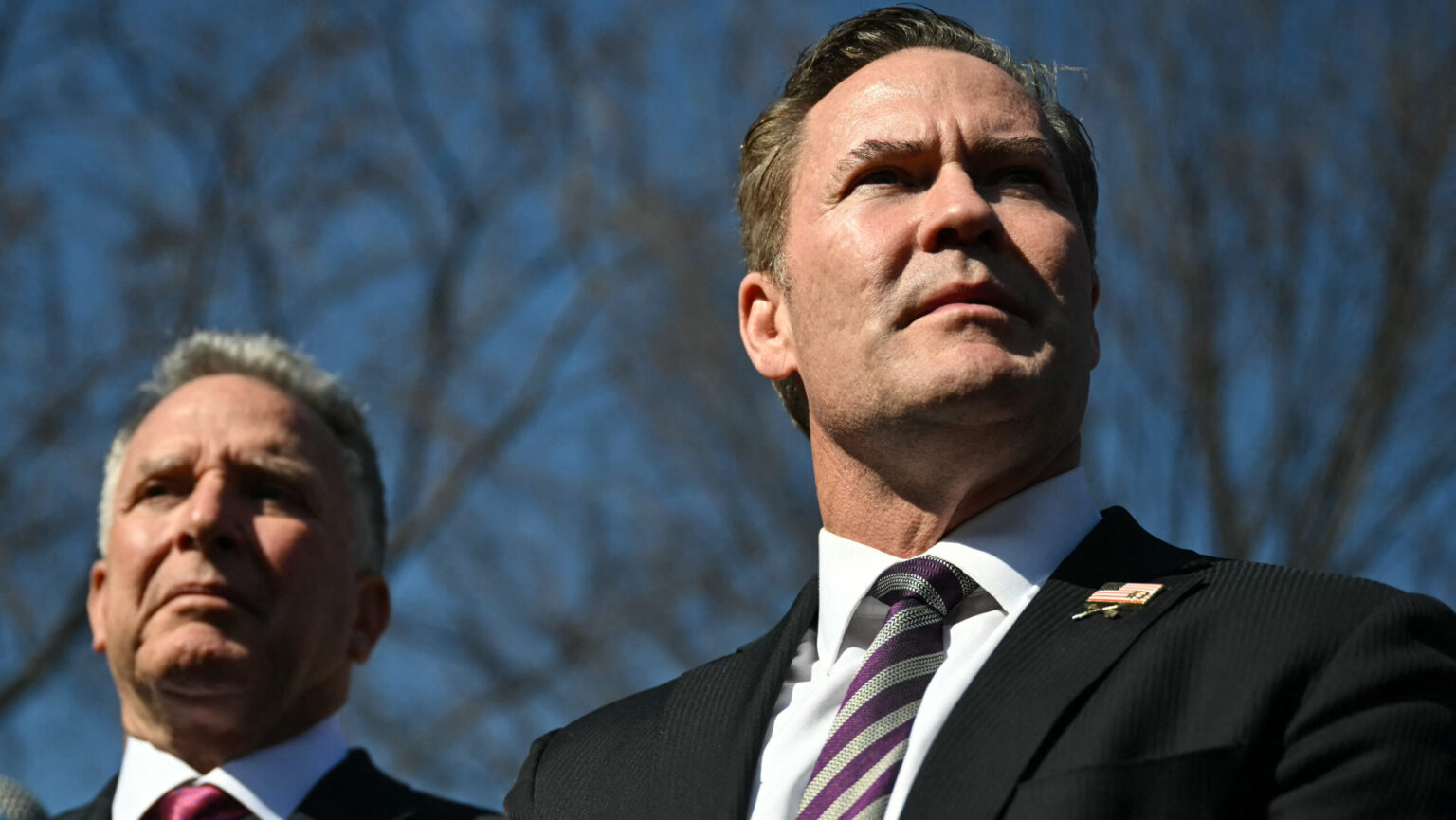
Donald Trump’s team is scheduled to meet the Russian delegation on Monday in Saudi Arabia for the first round of peace talks aimed at ending the war in Ukraine. Following the Munich Security Conference over the weekend, where European and Ukrainian participation in the talks remained uncertain amid conflicting statements, EU leaders are set to convene in Paris for an emergency summit. Meanwhile, on Sunday Zelenskyy arrived in the United Arab Emirates.

‘To this humble foreign observer, it seems relatively straightforward why Fidesz has remained in power so long: the opposition has failed to offer an appealing alternative. Recently, Mr Márki-Zay, lionized in Western media, proved a poor campaigner (one recalls Kamala Harris). Mr Magyar’s narcissism and personal history seem certain to cause him political problems…’

‘Romania is in a deep political, social, and economic crisis. The causes are manifold, but the chaos was installed when the presidential elections were cancelled while the people were voting.’

Hungarian Conservative is a quarterly magazine on contemporary political, philosophical and cultural issues from a conservative perspective.